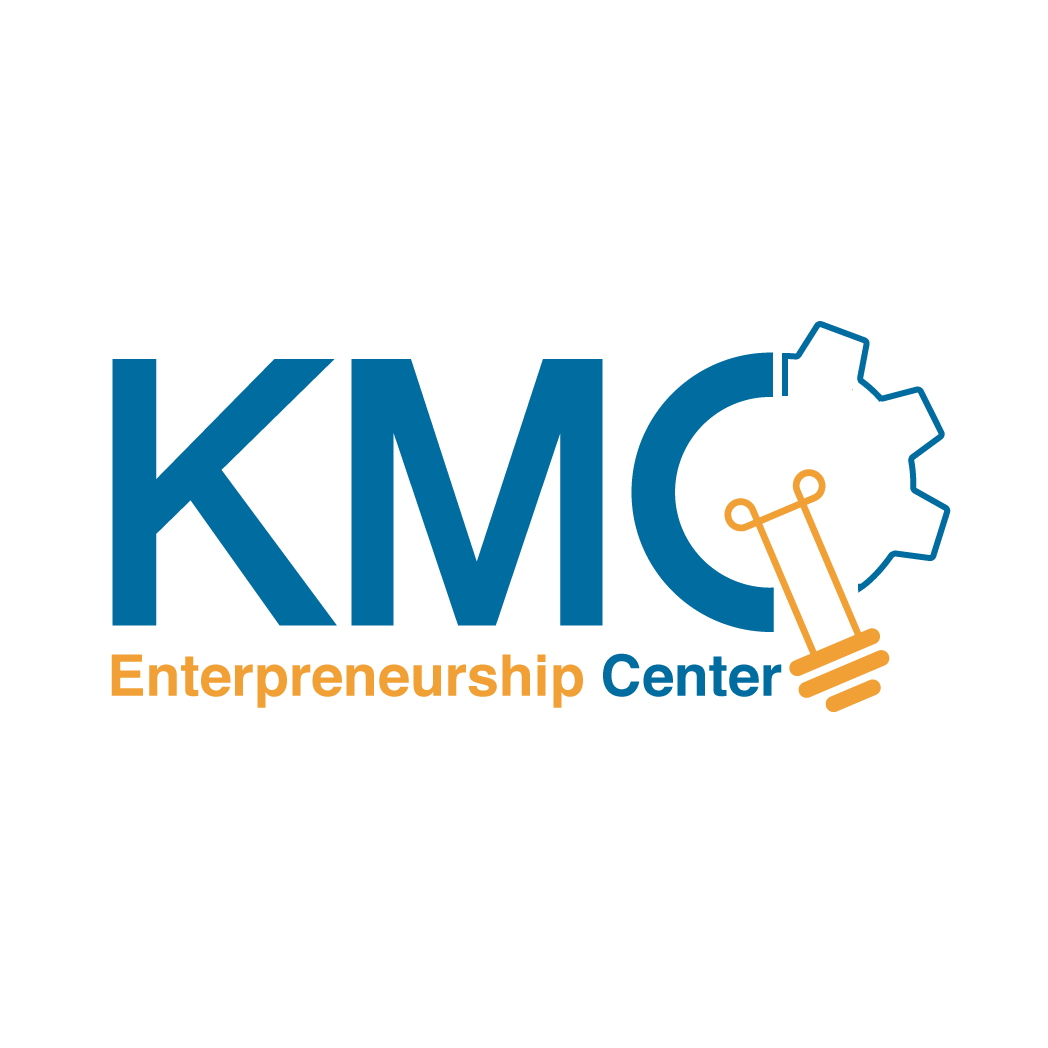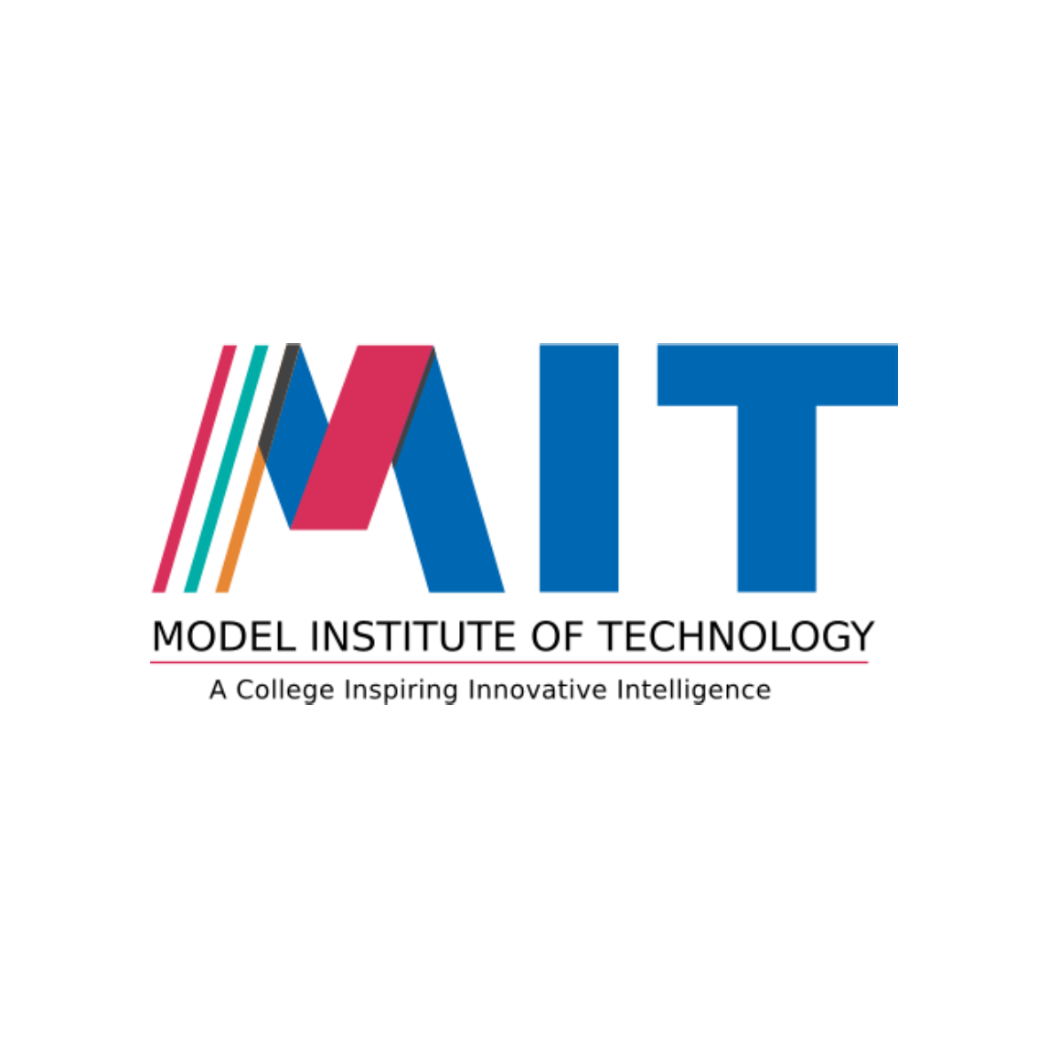
How to Get ACCA Membership & What it Means
The Association of Chartered Certified Accountants (ACCA) is a professional qualification in the field of accounting, finance, and business management, recognized globally in more than 180 countries.
Through the program, students are trained to become highly skilled accountants.
They develop an expertise in areas such as financial reporting, auditing, taxation, business strategy, and management accounting.
You are eligible to gain the ACCA membership once you complete the exams, practical experience, and the ethical training required.
The ACCA membership acts as proof of you being a qualified Chartered Certified Accountant and opens doors to numerous career paths.
Read more about Top Career Opportunities After ACCA.
What is ACCA membership?
The ACCA membership is a ‘symbol’ of you being officially recognized as a qualified Chartered Certified Accountant.
It means that you have met all the academic, professional, and ethical criteria required by ACCA and are eligible to use the designation of “ACCA” after your name.
It is a mark of professional competence.
Steps to gaining ACCA Membership
The steps required for gaining the ACCA membership are:
1. Complete the exams
The first and obvious step is completing the exams, which consist of three levels:
Level | No. of Papers | Focus Area |
Applied Knowledge | 3 | Basics of accounting and business |
Applied Skills | 6 | Core technical and management skills |
Strategic Professional | 4 | Advanced-level decision-making and leadership |
It is mandatory to pass all 13 exams to qualify for membership.
2. Complete the Ethics and Professional Skills Module
Another mandatory component of the ACCA qualification is the Ethics and Professional Skills Module.
This module is mandatory to ensure that ACCA members maintain high standards of ethics.
The module is important to develop soft skills such as:
- Ethical judgement and professionalism
- Leadership and communication
- Decision-making and teamwork
3. Gain Practical Experience
ACCA also requires candidates to complete 3 years of relevant Practical Experience.
ACCA requires nine performance objectives as a part of their practical experience requirement:
- Technical Objective
- Corporate and Business Reporting
- Audit and Assurance
- Taxation
- Financial Management
- Management Accounting
- Professional Objective
- Professionalism and Ethics
- Stakeholder Relationship Management
- Strategy and Innovation
- Governance, Risk, and Control
Learn more about Is ACCA Still Relevant in 2025 & Beyond?
4. Apply for ACCA membership.
Once you’ve completed the above requirements, the final step is to apply for the membership through your myACCA account.
The documents you will have to submit with the application are:
- Proof of experience verified by your supervisor
- Declaration of ethics and professional conduct
- Payment of membership subscription fee
Once your application is approved, you will officially be recognized as a Chartered Certified Accountant.
The Next Chapter
Getting the ACCA membership marks the end of your journey as a student and the start of your professional career.
Here’s a brief look at what being an ACCA member means:
1. Global Recognition
ACCA is globally recognized in over 180 countries, which means you can work in Nepal as well as other foreign countries, such as the UK and Australia, without requiring any further qualifications.
2. Diverse Career Opportunities
With the ACCA qualification, you can work in various roles such as:
- Financial Analyst
- Auditor or Tax Consultant
- Management Accountant
- Finance Manager or CFO
- Business Consultant and more.
3. Professional Credibility
Employers are well aware that ACCA members have completed a rigorous program that combines technical skills, ethics, and experience, making them reliable and competent professionals.
4. Continuous Professional Development
Once you become an ACCA member, you must give continuation to learning through CPD activities and stay updated with the changing financial laws, technologies, and trends.
This ensures that your knowledge remains current and relevant through the entirety of your career.
5. Networking and Global Community
ACCA membership connects you with a network of over 2,40,000 professionals worldwide, and through ACCA events, webinars, and chapters, members can share knowledge, collaborate, and build valuable professional relationships among themselves.
Know more about Foundation Courses for CA Aspirants in Nepal (Before CAP-I)
Top Career Paths After ACCA
Career Path | Key Responsibilities | Average Monthly Earnings (in Nepal) | Average Monthly Earnings (Abroad) |
Financial Analyst | Analyze financial data, create forecasts, support decision-making, and evaluate investment/ business opportunities. | NPR 60,000-1,00,000 | USD 5,000-8,000 |
Audit & Assurance Manager/ Internal Auditor | Lead audit planning and execution, assess internal controls, ensure compliance, and report findings. | NPR 70,000-1,50,000 | USD 6,000-12,000 |
Tax Advisor/ Tax Consultant | Provide tax planning, compliance, and advisory services for individuals/ businesses, and liaise with tax authorities. | NPR 60,000-1,20,000 | USD 5,000-10,000 |
Finance Manager/ Finance Director | Oversee corporate finance, budgeting, forecasting, strategy, and financial reporting, and manage finance teams. | NPR 1,00,000-2,00,000 | USD 8,000-15,000 |
Risk & Compliance Officer/ Manager | Identify, assess, monitor risks, ensure regulatory compliance, develop policies and controls, and support corporate governance. | NPR 80,000-1,50,000 | USD 6,000-11,000 |
How ACCA will stand the Test of Time
The world is being reshaped with technology, but ACCA has continued to stay relevant in the finance and accounting landscape and will continue to do so.
The qualification is constantly evolving to include newer trends such as digital finance, data analytics, sustainability reporting, and financial technology.
This has ensured that ACCA professionals remain at the forefront of global business change.
ACCA emphasizes strategic thinking, ethical leadership, and adaptability while also building a foundation in traditional accounting courses.
Professionals are prepared for the current job market and also the dynamic and automated financial systems that will emerge in the future.
The ACCA body also updates its syllabus regularly, making sure it aligns with the international standards such as IFRS and global business practices.
The ACCA syllabus integrates the new fields like ESG (Environmental, Social, and Governance) accounting and AI-driven financial modeling.
ACCA is built to withstand the test of time and technological evolution.
It focuses on continuous professional development, encouraging lifelong learning, helping members upgrade their knowledge, and staying competitive in the evolving financial world.
Read more about Top 10 Tech Skills to Learn During BSc. CSIT
Conclusion
The ACCA qualification is your gateway to a global career in finance, business, and management.
The course being recognized internationally makes it easier for the certified professionals to work in other countries and for multinational companies as well.
Whether you aim to work in audit, taxation, consulting, or corporate leadership, ACCA will equip you with the skills to grow and adapt to the evolving scenarios in the financial world.
It is the best investment you can opt for a future-proof and globally respected career.

























